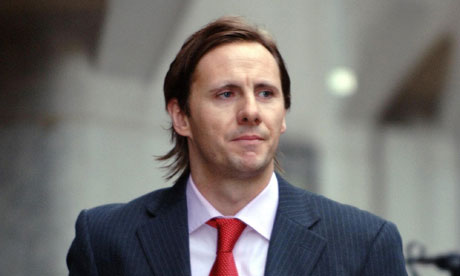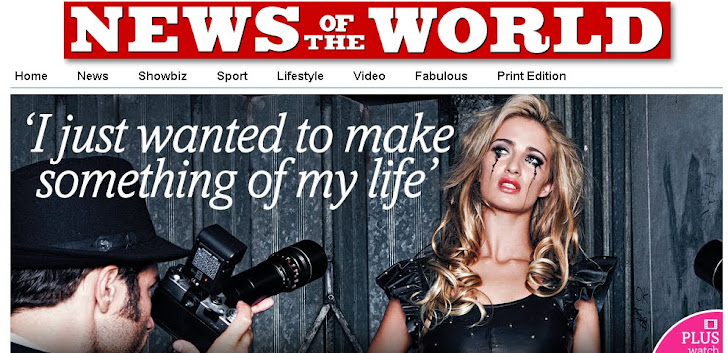Met must hand over News of the World phone-hacking evidence
Police must pass documents seized from Glenn Mulcaire to lawyers representing growing number of people suing paper

The growing number of public figures suing the News of the World won a major high court victory when a judge said Scotland Yard must hand over a mass of phone-hacking evidence that has never before been disclosed.
The ruling by Justice Geoffrey Vos, who was appointed this week to handle the 14 phone-hacking cases currently going through the courts, means the Metropolitan police will be forced to pass reams of documents seized from Glenn Mulcaire, the private investigator who worked for the News of the World, to lawyers acting for the politicians, celebrities and football figures who are suing the paper. They include Sienna Miller, Paul Gascoigne, Steve Coogan and the former culture secretary Tessa Jowell.
The decision sets a precedent for the other hacking cases and has far-reaching implications for the NoW, police and other litigants.
It will lead to a flood of hacking documents being released to other claimants, all of whom are seeking copies of papers seized by police in a 2006 raid on Mulcaire's home.
That could lead to more NoW journalists being named in connection with phone hacking. So far six reporters and executives have been publicly linked to the practice. One, former royal editor Clive Goodman, was convicted and jailed. A second, assistant editor (news) Ian Edmondson, has been sacked by the paper.
It also claimed a potential suspect would be tipped off if unredacted evidence were made public. Vos rejected that argument, giving the Met 28 days to comply with his order and 21 days to appeal.
